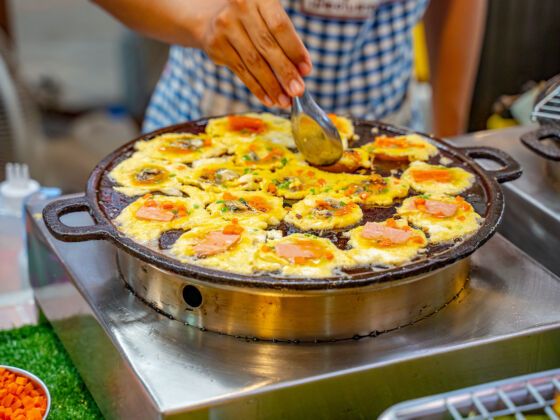IT’S GOTTEN NARY a mention in the global media, but South African economists have been warning of a likely World Cup-time jump in food prices since at least last year.


In December, Standard Bank economist Danelee van Dyk said that grocery stores and other retailers might take advantage of the influx of tourists to charge more.
“The World Cup will be the ground for them to start hiking prices and after the World Cup prices will go down, but not to the levels they were before,” she told South Africa’s Daily News.
While Van Dyk predicted only a minor rise in prices, South African gardener and blogger Sean Freeman said he didn’t think farmers would be able to up their production enough to feed the 450,000 visitors expected to come to South Africa for the tournament.
“If nobody has prepared or planted to feed the additional half of a million plus mouths, where will that food come from? Are you prepared to pay 3 times the price for your bag of potatoes, rice or can of beans?” he wrote.
A serious problem?
In previous World Cups, a small increase in the price of food probably wouldn’t have been an issue: had the price of cornmeal gone up in Germany four years ago, I doubt anyone would have struggled because of it.
It’s different in South Africa, where an estimated half of the population lives in poverty. Social workers cited rising food prices as a major factor in a 30% increase in child abandonment in 2003. Even a minor increase in the cost of staple foods can have serious repercussions.
I’ll admit that I’m torn on this. The predicted price increase is part of a global shift, of which World Cup-related demand is just an exacerbating factor, so it’s not really within FIFA or the South African government’s power to prevent it. The tournament will bring money into the South African tourism industry, and FIFA already expects to take a loss on the Cup.
But hosting the World Cup is not a sure road to economic recovery. Very few township residents will even see a World Cup stadium, much less benefit from it. With FIFA banning vendors from using the World Cup name on merchandise, anyone who doesn’t work for one of the tournament’s official suppliers is pretty much out of the loop.
Shouldn’t it be the organizers’ responsibility to make sure they’re not leaving behind months of hard times for South Africa’s poorest?
Community Connection
Could the World Cup cause a food shortage in South Africa and its neighbors? Have the South African government and FIFA done enough to prepare? Tell us what you think in the comments section.